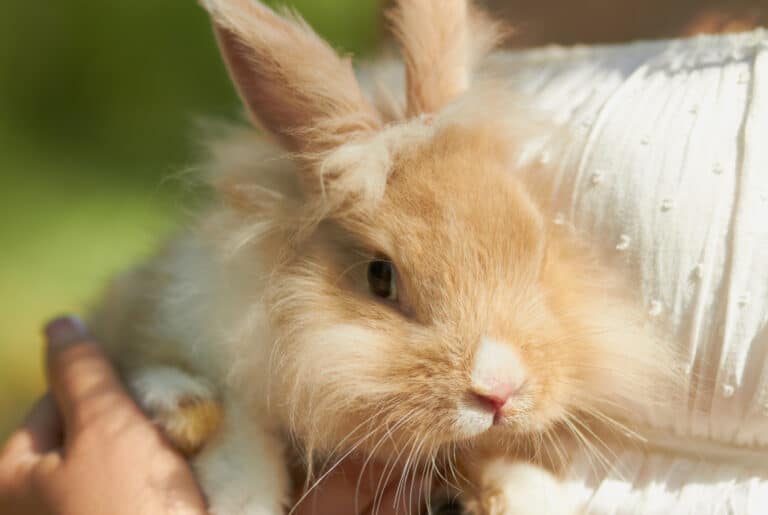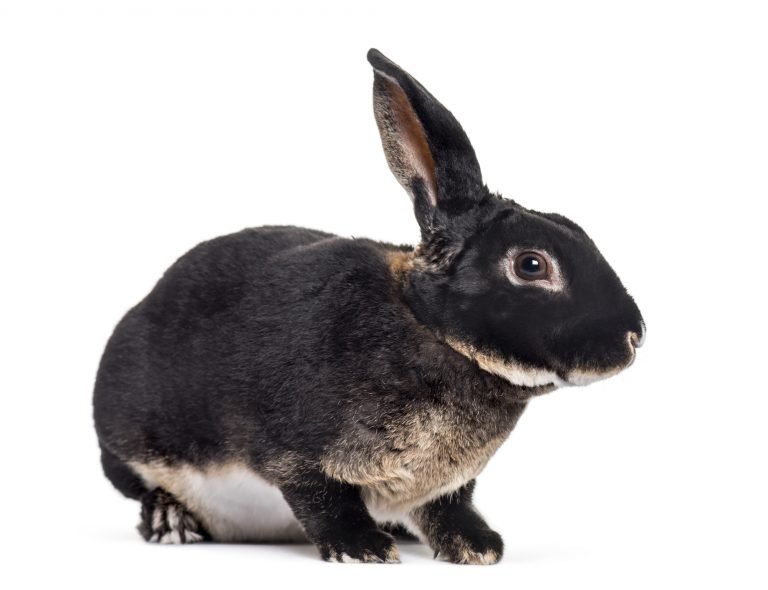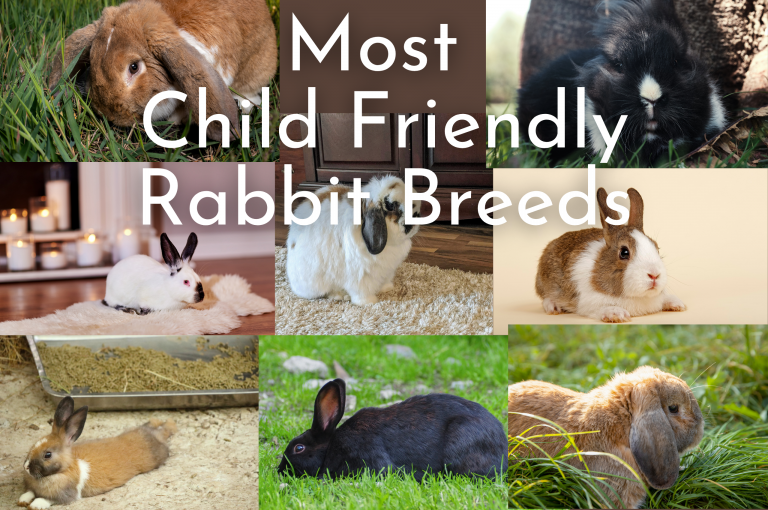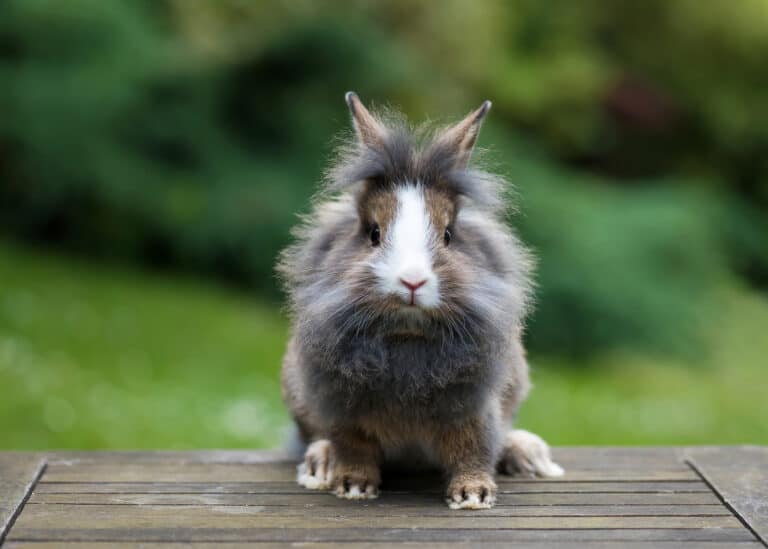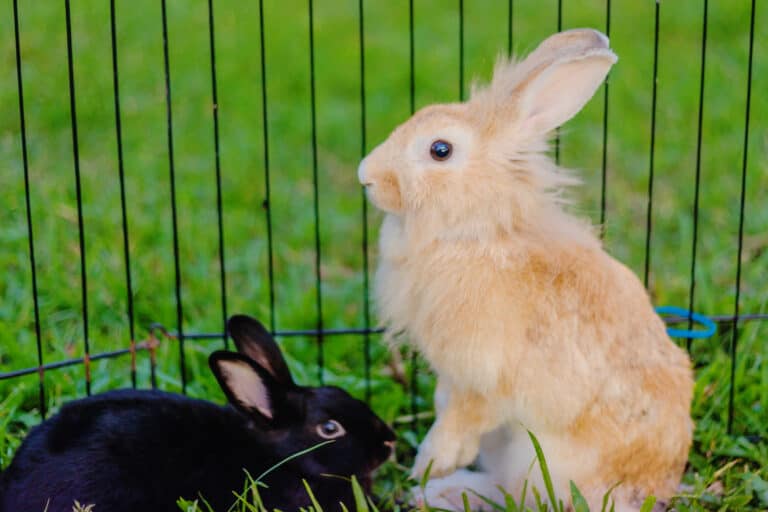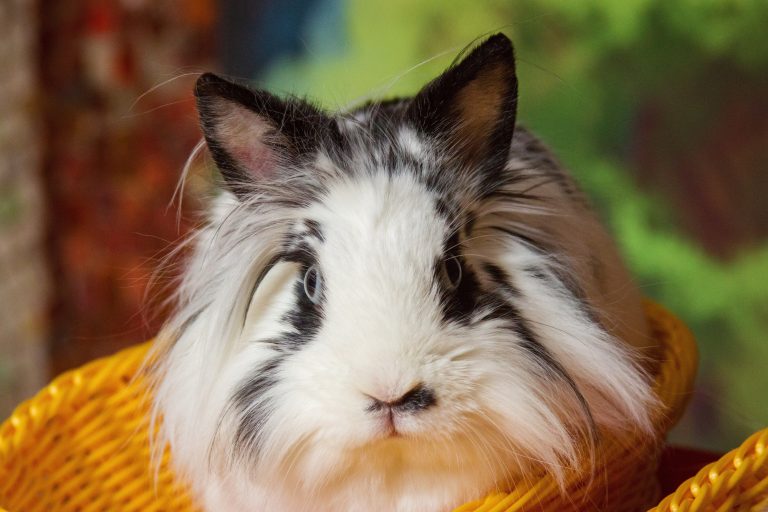How Long Do Lionhead Rabbits Live? Complete Guide to Their Lifespan
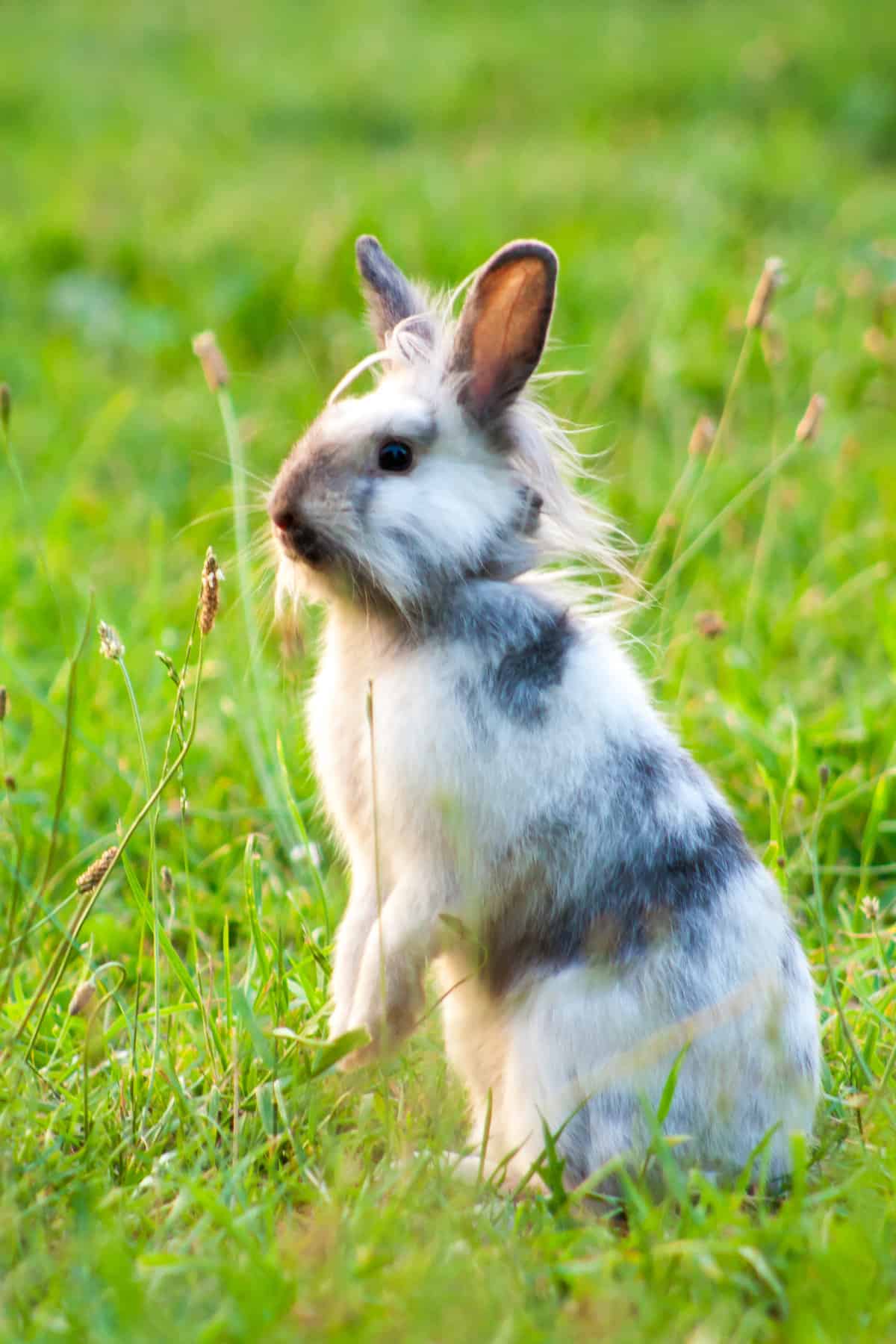
Rabbits are just the cutest little things. With their soft, fluffy fur and those big floppy ears, it’s no wonder they’re becoming such popular companion animals. And the best part? There are so many different breeds to choose from. Whether you want a tiny dwarf rabbit or a bigger breed like a Flemish Giant, there’s a bunny for everyone.
One of our favorites is the Lionhead Rabbit. With its distinctive puffy mane around its head, the Lionhead is truly a sight to behold. But how long do Lionhead rabbits live? How about their care and upkeep? If you have your heart set on having one for a pet, read on to see if this adorable bun type will suit your home and lifestyle.
History of the Lionhead Rabbit
This cute furball is one of the more recent additions to the list of rabbit breeds recognized by the British Rabbit Council (BRC). It originated in Belgium in the 1990s and was accepted by the BRC in 2002. Over a decade passed before the American Rabbit Breeders Association (ARBA) followed suit in 2014.
The Lionhead emerged when breeders crossed a Netherland Dwarf with a Swiss Fox rabbit. One of the baby bunnies had a unique and adorable fluffy mane around its head.
The breeders selectively developed the lineage from this bun until they came up with a rabbit with a distinctive lion-like appearance. They named this breed the Lionhead, and it quickly became popular among bunny lovers.
How Long Do Lionhead Rabbits Live?
The good news is that Lionhead rabbits are generally a hardy breed. As such, they have a pretty decent lifespan. Given the right care, these cute lion-look-alikes often live anywhere from 7 to 9 years. There are exceptions, of course, and some may live longer or shorter than that.
In comparison, the Dwarf Hotot rabbit typically lives for only about 5 to 6 years, which is on the shorter end of the spectrum. Meanwhile, the Flemish Giant, one of the largest bun breeds, has a lifespan of up to 10 years.
By far, the oldest known rabbit with the Lionhead genes is a half-Dutch and half Lionhead. They typically have a lifespan of a little over 8 years. However, this bun is said to be 12 years old.
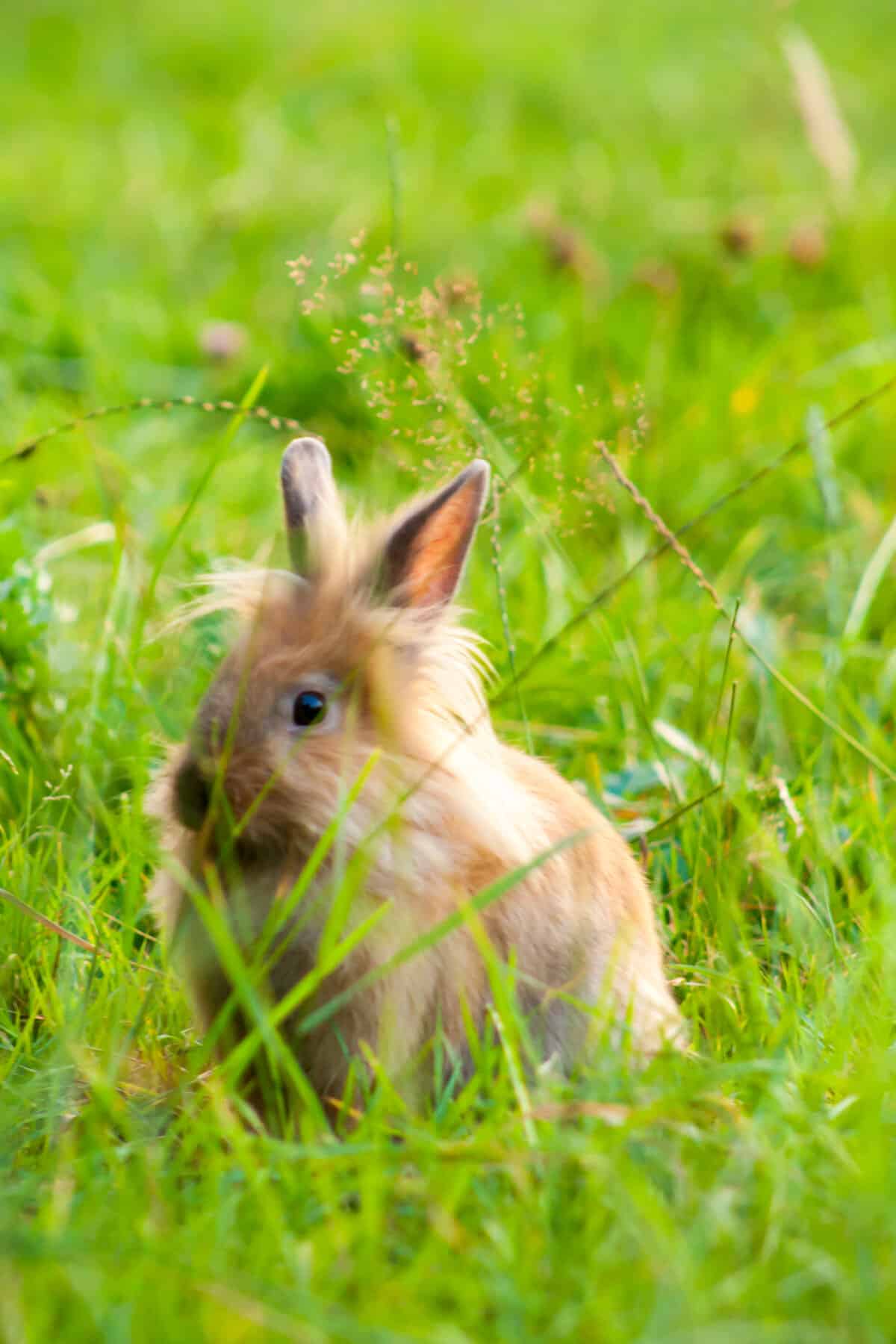
When Do They Reach Sexual Maturity?
Lionheads are definitely adorable, more so the little ones. But you might not be ready for a whole litter of them. If you’ve brought home buns of different genders, keeping them together might lead to not-so-pleasant surprises. Rabbits have remarkable reproductive abilities. A male and female rabbit can quickly produce a litter of baby bunnies if they share one living space.
Lionheads typically reach sexual maturity between the age of 3-8 months. Female Lionheads can get pregnant when they’re around 4 months old. So if you don’t plan to breed your buns, place them in separate cages before the sex hormones start flowing. Otherwise, be prepared to welcome a few more furry bundles of joy into your home.
Health Issues That Could Affect How Long Lionhead Rabbits Live
If you’re considering getting a Lionhead rabbit, you should know a few things about their health. While these cute little fluffballs can make great pets, they are prone to some health conditions that can catch you off guard if you’re unprepared. Knowing what those issues are can help you keep your bunny healthy.
Dental Problems
Rabbits’ teeth grow continuously throughout their lives. If those choppers aren’t worn down by chewing on hay and other fibrous foods, they can develop painful dental issues. In severe cases, they can even puncture the skull.
Respiratory Ailments
Because of their small lung space, respiratory infections are common among all bunny breeds. However, the roots of a Lionhead’s upper teeth sit just below the sinuses, so if those get infected, it can lead to sinus infections. This makes Lionhead rabbits prone to respiratory issues.
Aside from sinus infections, other ailments that can strike Lionhead buns is snuffles. Caused by the Pasteurella bacteria, the symptoms for this condition include coughing, rapid breathing, and runny nose and eyes.
Parasites
Different types of parasites can cause problems for Lionhead rabbits. One of the most common is ear mites. These little critters live inside the ear canal and can cause irritation, itching, and even infections if left untreated.
Another type of parasite that can affect Lionhead rabbits is fleas. Fleas are tiny insects that feed on the blood of their hosts, and they can cause a lot of discomfort and itching. In severe cases, they can also transmit diseases like myxomatosis, which can be fatal for rabbits.
E. cuniculi is the most difficult to treat among the parasites that Lionheads carry in their bodies. An abbreviation for Encephalitozoon cuniculi, this parasite can cause a host of problems, including head tilt, blindness, and kidney failure.
Digestive Issues
Because rabbits have sensitive digestions, they should eat the right food to prevent any issues with their gut. However, since Lionheads are prone to dental problems, they may stop eating the fiber-rich hay that keeps their intestinal tract moving when they feel pain.
Potentially serious conditions, such as gastrointestinal stasis, can occur if the digestive tract stops moving.
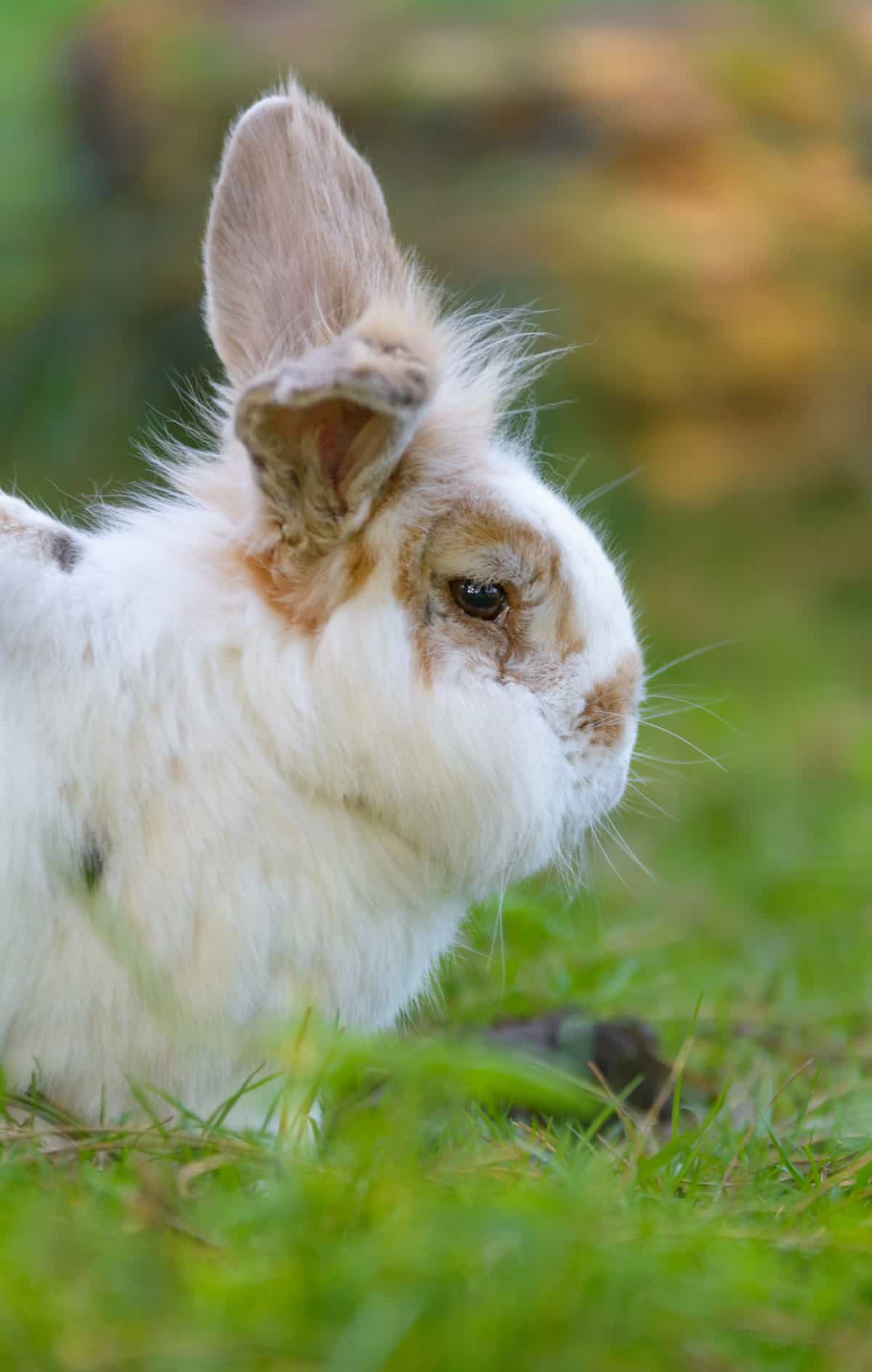
Factors That Can Affect How Long Lionhead Rabbits Live
Although Lionhead rabbits can live up to 10 years, there’s no guarantee how long these cute and charming buns will stick around. However, several factors can affect their lifespan, shortening or lengthening it accordingly. Let’s see what those are so you can take the necessary steps to prolong your pet’s life.
Living Space
Indoor living works best for rabbits, no matter the breed. Keeping them inside the house can provide them with protection from the elements and predators. Moreover, indoor rabbits are less stressed because they are not exposed to loud noises or other animals.
Meanwhile, bunnies who live in outdoor enclosures are more likely to encounter wild animals or other rabbits that may be carrying germs. This can shorten their lifespan significantly, with some outdoor rabbits only living for a few years.
Food
A well-balanced diet can help your bunny live a longer, healthier life. Being herbivores, rabbits need a constant supply of good quality hay to keep their guts moving and wear down their ever-growing pearly whites.
Leafy greens and fresh veggies will supply them with vitamins and minerals to boost their immune system. Meanwhile, fruits can be given in small quantities as treats.
Medical Care
Just like with humans, preventive care is vital for rabbits. Regular check-ups with a qualified rabbit vet can help catch potential health issues early before they become more serious problems.
Rabbits can be susceptible to various illnesses, such as flystrike and rabbit hemorrhagic disease, which can be fatal if left untreated. Vaccinations can help prevent these illnesses, and your vet can advise you on the best vaccination schedule for your bunny.
Spaying or Neutering
Preventing unwanted pregnancies is just one reason for getting your Lionhead rabbit spayed or neutered. The procedure can also have a positive impact on your pet’s lifespan.
With a female bun, removing the ovaries and uterus can eliminate the likelihood of her developing cancers of the reproductive organs. It also reduces the risk of uterine infections.
Regarding male rabbits, removing the testicles means they’ll have zero chances of getting testicular cancer. It also helps reduce aggressive behaviors such as growling or biting, which can lead to injuries from fighting with other male rabbits.
Grooming
Regular grooming is especially important for Lionhead rabbits, as they are a particularly furry breed. Without proper grooming, their mane may reach over 2 inches long. This can obstruct their vision and cause them to bump into objects and injure themselves accidentally.
Also, regular grooming helps lessen the amount of hair that rabbits swallow as they groom themselves. Since they can’t spit out or vomit furballs, too much hair accumulation can lead to digestive tract issues.
While genetics, environment, and other factors can affect how long Lionhead rabbits live, doing certain things can help prolong your pet’s stay on earth. Providing them with the proper care is key to ensuring that they live not just a long but healthy life.
More Rabbit Breeds
- How Big Do Holland Lop Rabbits Get? Complete Guide
- How Long Do Flemish Rabbits Live: Giant Breed Facts
- Are Rabbits Rodents? Find Out More About These Small Mammals
- How Long Do Holland Lop Rabbits Live?
- All About Bunnies with Red Eyes: Why and How They Get Red Eyes
We hope you enjoyed this post! If you did, will you give it a share or two 🙂 Thank you! ~from Every Bunny Welcome


